Millennials consume the most energy drinks in the UK than any other generation with Gen Z not too far behind.
A study from Statista of 24,191 people between June 2023 to June 2024 showed 44% of Millennials consume energy drinks regularly.
Generation Z were second with 34% consuming energy drinks regularly, followed by Generation X on 19% and Baby Boomers, the oldest generation, on 3%.
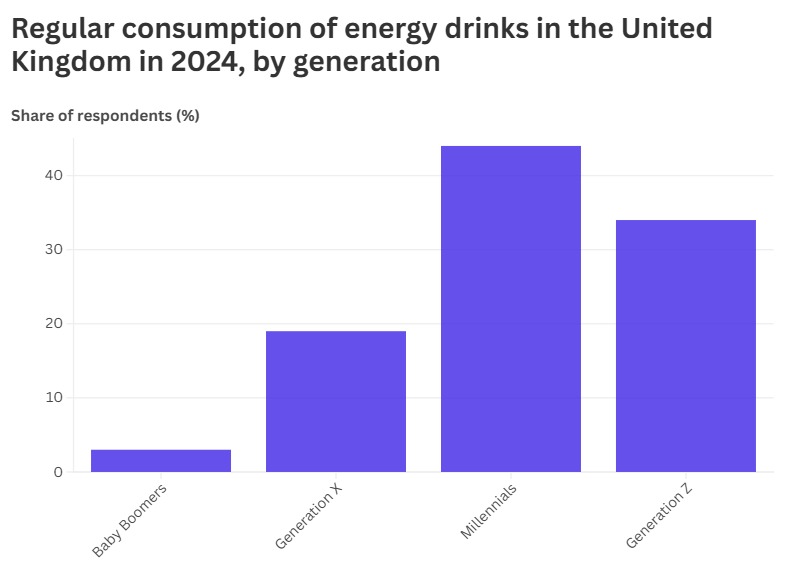
University student Syed Ruhan, 21, said: “I used to drink energy drinks regularly to focus and when I become drowsy, I drink more.
“It helps with concentration and increases my productivity but nowadays I’ve really started to transition to coffee to kick start my day.
“I used to consume about four or five Red Bulls a day just to stay afloat, now I only drink it when I’m really tired in the day.”
Ruhan had tried to get off his energy drink habit numerous times, but failed.
He later started to replace his energy drink consumption with coffee and found it a suitable replacement, and has drastically reduced the frequency of his energy drink consumption.
High regular consumption of energy drinks can create serious health problems.
City of York Council outlined on its website the harmful effects of energy drink consumption.
It said: “The high levels of sugar, caffeine, and stimulants contained in energy drinks can cause some serious health problems including sleep problems, hyperactivity and behavioural problems, teeth decay, weight gain and anxiety.
The energy drinks consumed in the UK are hugely diverse, with Red Bull leading in convenience stores as the number-one selling energy drink, and Monster and Lucozade following.
A study from Statista in the period between March 2023 and 2024 showed Red Bull had made £410.3 million in revenue with Monster at £357million and Lucozade £229.4million.
After the top three there is a drastic decrease in sale revenue, with Prime ranking fourth with £61.3 million and Euro Shopper ranking five at £46.6 million.
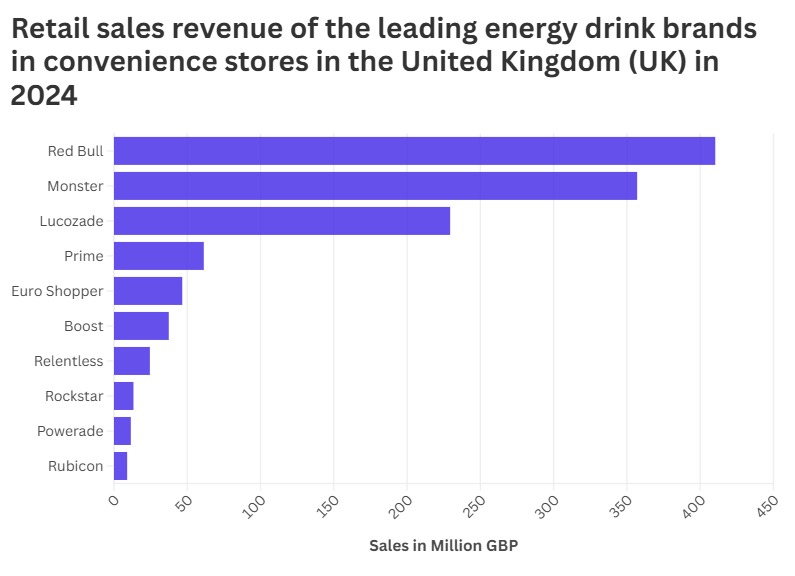
Ruhan’s regular energy drink consumption was also permeated with Red Bull amid its accessibility and popularity.
He said: “I started on Red Bull and can find it anywhere, as of the others I never felt a need to try them out.
“Red Bull does the job, everyone’s favourite, and hits differently.”
Although the study above does not show all the energy drinks consumed, Red Bull and Powerade are the two oldest energy drink brands with both being sold as early as 1987.
The length of time Red Bull has been on the market may have been a key reason for its popularity and continuous successful sales.
A regular consumer of the energy drink Boost, Abdul Habib 20, said: “I don’t drink Red Bull and barely drink Monster.
“I have a preferred taste for Boost and drink it whenever I’m tired, it helps with productivity and keeps me awake when driving while also being a lot cheaper.”
Professor of psychology and behavioural science at the University of Southampton, Mary Barker, said: “Evidence shows that energy drinks are harmful to both the physical and mental wellbeing of young people.
“However, many adolescents do not understand why they are unhealthy and are unaware of the harm they are doing to their body.”
In 2019 the UK government announced it would place a ban on energy drinks to anyone under the age of 16 to help reduce childhood obesity.
No such ban has been put in place, however.
Many major retailers have voluntarily introduced bans on the sale of energy drinks to anyone under the age of 25 with numerous schools also taking voluntary action by preventing energy drinks on school grounds.
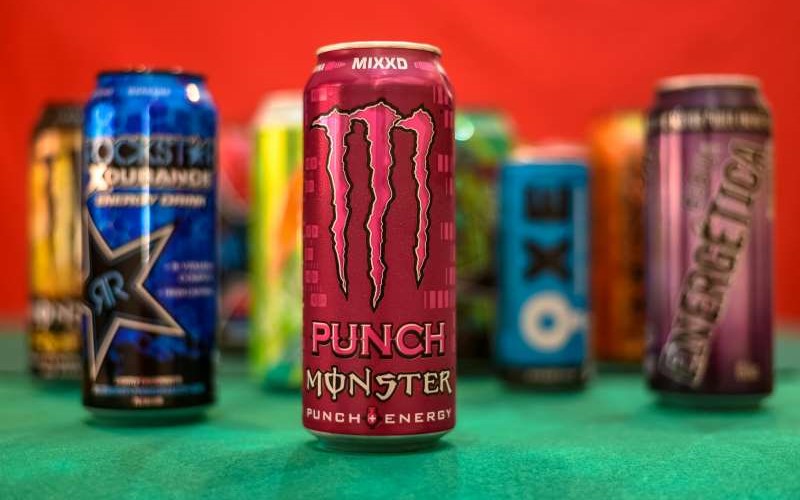
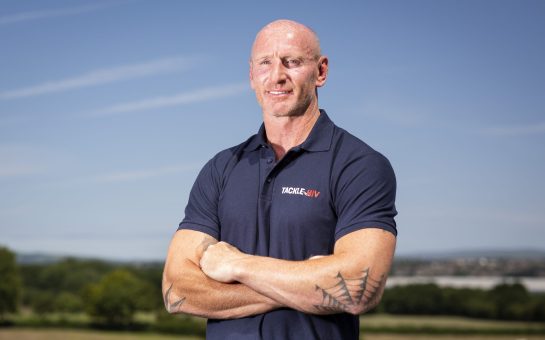
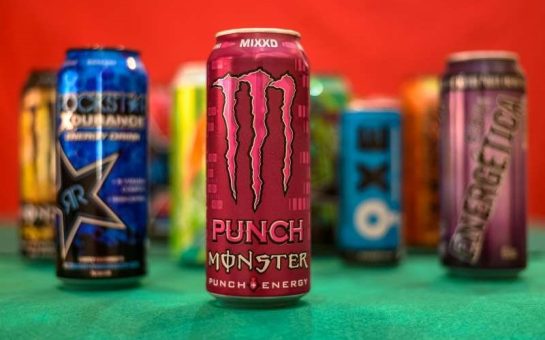


Join the discussion